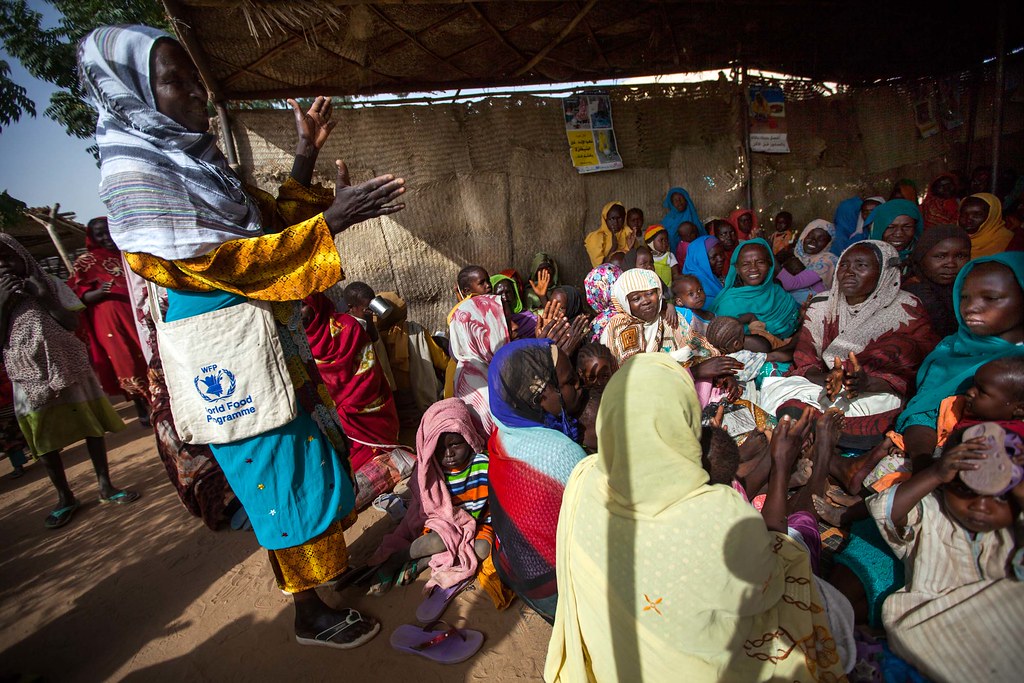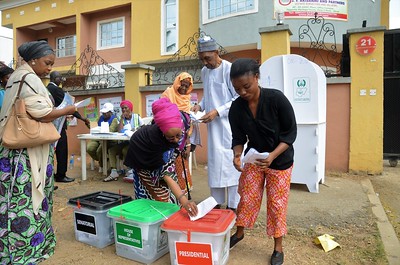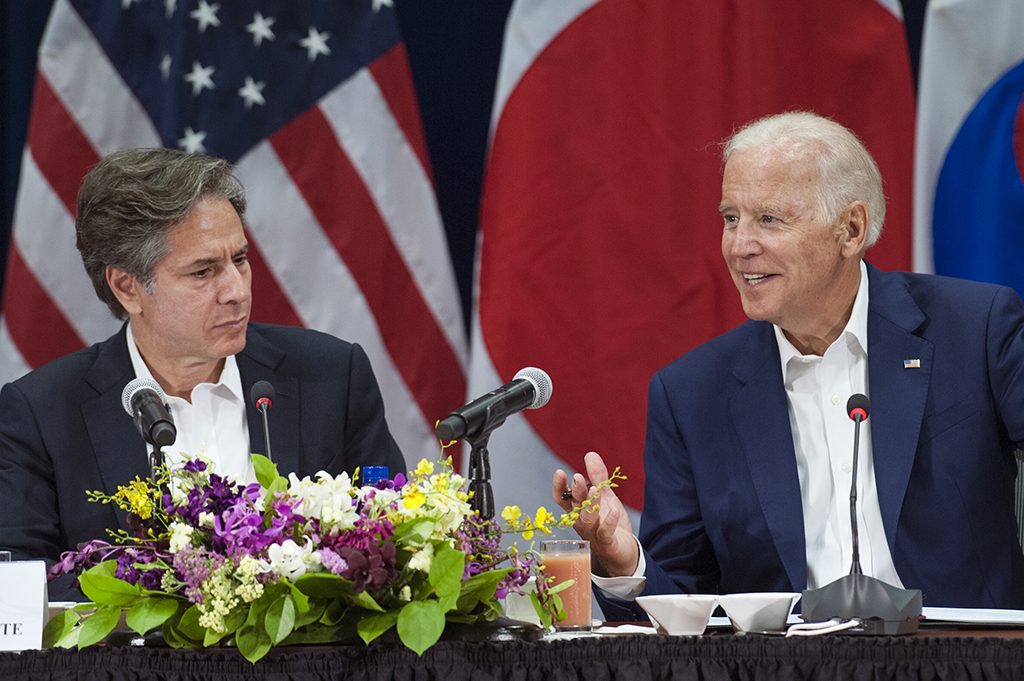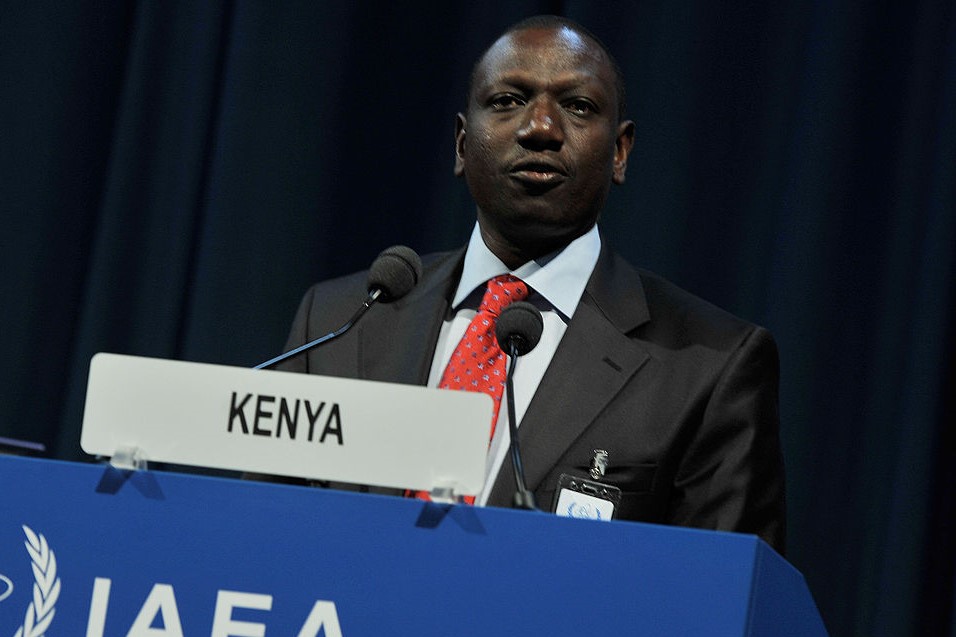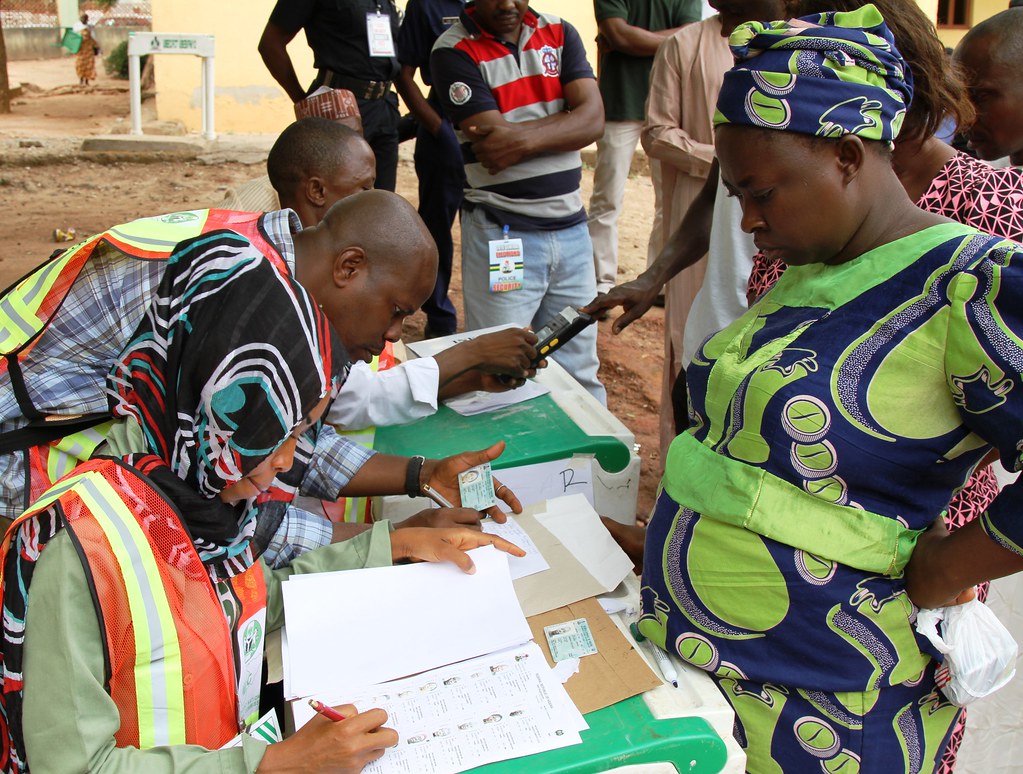30 Results Found
November 30, 2022 Add to library
A New Approach to Addressing Nigeria’s Malnutrition Challenge
Due to the multidisciplinary nature of nutrition, combating malnutrition in all its forms at both national and subnational levels requires a holistic approach that is multisectoral. Multisectoral collaboration for food and nutrition can pull together all stakeholders in relevant issue areas to ensure a better understanding of the situation, come up with solutions, and take broader actions against malnutrition in the country. That is the rationale behind the adoption of the National Multisectoral Plan of Action for Food and Nutrition (NMPFAN) analyzed in this article.
Read MoreSeptember 22, 2022 Add to library
Nigeria’s 2023 Elections: policy options to address voter apathy
Historical data indicate low citizen participation in voting since Nigeria’s return to democratic governance in 1999. The data reveal that while Nigerians consistently participate in voter registration, they are less enthusiastic about casting their votes on election day. In 2019, for example, the country recorded the lowest voter turnout in Africa, despite the increase in registered voters. Voter apathy is even more evident in the National Assembly representative elections; more Nigerians participate in presidential and gubernatorial elections than in the National Assembly and the local government elections. As the country prepares for the general elections next year, actions need to be taken by stakeholders to improve and ensure active citizen participation in the electoral processes.
Read MoreSeptember 2, 2022 Add to library
Africa's Priorities and the New U.S. Strategy for Sub-Saharan Africa
The Biden administration recently announced a new US strategy toward Sub-Saharan Africa. The strategy aims to redesign US engagement with the region given the growing global influence of the continent. The announced strategy can be seen as an effort to reaffirm the United States’ commitment to the continent at a time where the White House fears an evolution of African countries’ relations with China and Russia.
Read MoreAugust 25, 2022 Add to library
Ruto’s Time, What Should Kenyans Expect?
Ruto and the coalition (Kenya Kwanza) behind him have made it clear that his administration is committed to empowering people at the base of the economic pyramid, who he refers to as – ‘the hustler’. He is keen on establishing a government that supports the political inclusion and empowerment of all Kenyans. Through his bottom-up economic model, he has pledged to bring down the cost of living, expand the tax base, create jobs, and improve foreign exchange balance with the expectation to transform key areas.
Read MoreJuly 21, 2022 Add to library
2023 National Elections: What can we learn from Osun and Ekiti’s elections?
The 2023 Nigerian general election is critical for many Nigerians, especially considering the current economic, social, and political crises. Most Nigerians see the upcoming elections as an opportunity to elect leaders that will tackle current national issues such as fuel scarcity, insecurity, high unemployment and inflation. Recently concluded elections in Osun and Ekiti provide insights on issues that will likely characterize the 2023 national elections.
Read MoreJune 17, 2022 Add to library
African Continental Free Trade Area (AfCFTA) Agreement: The Next Big Thing?
In an effort to improve the situation of trade on the continent, the African Union introduced a free trade agreement called the African Continental Free Trade Area (AfCFTA) Agreement. One of the most ambitious trade deals in history, the agreement was signed on 21 March 2018 and entered into force on 30 May 2019. It aims to create a single continental market which would unite the continent and complement existing regional economic communities and trade agreements in Africa.
Read MoreJune 9, 2022 Add to library
Political Parties, Presidential Candidates and the Electoral Act 2022
The Electoral Act 2022 seeks to update and standardize Nigeria’s elections. The introduction of technological changes such as an electronic database of registered voters and an electronic transmission system of votes is a welcome improvement. Restricting political appointees' involvement in the election process is also a step in the right direction. However, there is a fundamental issue with the new act — its endorsement of the indirect primary process.
Read MoreOctober 11, 2021 Add to library
Deconstructing Nigeria's National Gender Policy (2006)
This article presents a brief analysis of the National Gender Policy 2006, highlighting the policy's objectives. It also evaluates the policy's results to see if its implementation has produced the desired results. The objective of this analysis is to underscore the need for more policy actions geared towards improving gender awareness and equality in Nigeria to foster economic and national development in Nigeria.
Read MoreJune 9, 2021 Add to library
Zambia’s 2020-2030 Economic Recovery Plan in the Face of High Public Debt Level
In 2020, the government launched the economic recovery plan to address the economic recession caused by the adverse impact of the Covid-19 pandemic. The plan aims to bolster and rejuvenate the economy by restoring macroeconomic stability, fostering growth and diversification of the economy, ensuring fiscal and debt sustainability, and reducing poverty and inequality by the year 2023. Thus, the main theme of the Economic Recovery Plan (ERP) is “Restoring Growth and Safeguarding Livelihoods Through Macroeconomic Stability, Economic Diversification and Debt Sustainability.”
Read MoreNovember 1, 2021 Add to library
African Countries Climate Response Plans
Climate change is a major threat to Africa’s development, especially to countries with widespread poverty and ineffective governments. A warming planet leads to food insecurity, population displacement and stress on water resources on the continent. With the continent’s current level of economic development, there is a clear need for more financial and technical support from international institutions and developed countries to achieve a sustainable economy that works for both people and the environment.
Read More